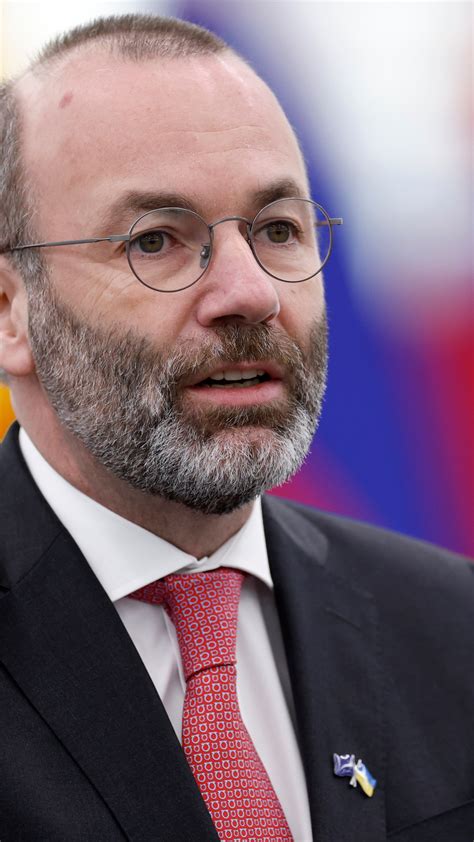The halls of the European People’s Party echoed with murmurs and debates as the Polish delegation, a significant force within the group, raised their voices against what they perceived as a troubling trend. At the heart of this unease was the growing alliance between the EPP and far-right factions, championed by none other than Manfred Weber, the influential German leader at the helm.
Voicing Concerns
Andrzej Halicki, an influential figure within the EPP as its vice-president and leader of the Polish delegation, didn’t mince his words. He expressed profound reservations about collaborating with parties on the extreme right end of the political spectrum. According to Halicki, these groups seemed indifferent to Europe’s strength and cohesion. “In the end,” he remarked pointedly, “[the far-right parties] are against all [texts] where Europe seems stronger, better organized … why cooperate with them on small details?”
As one delves deeper into this political labyrinth that stretches across European corridors of power, it becomes evident that tensions have been simmering since 2024’s June European election. The center-right EPP found itself entwined with right-wing factions to drive through legislative measures in a Parliament marked by shifting allegiances.
A House Divided
The disquiet among EPP stalwarts like Halicki was palpable. Hailing from Poland’s Civic Platform party under Donald Tusk’s leadership, Halicki found himself at odds with Weber’s overtures toward groups such as Giorgia Meloni’s Brothers of Italy from the European Conservatives and Reformists stable.
Weber’s calculated maneuvers included reaching out to entities like Patriots for Europe and Europe of Sovereign Nations—an approach that shattered previous taboos within European political circles. The unspoken rule dictating distance from far-right elements appeared increasingly blurred under Weber’s leadership.
Amidst growing concerns about ideological coherence within a fractious Parliament landscape, unity remained elusive. Last October’s budget upheaval laid bare fissures when unexpected alliances led to rejected resolutions and embarrassing moments for established party lines.
Seeking Stability
The tug-of-war between upholding core principles while navigating pragmatic collaborations has left many questioning which path leads to a more cohesive Europe. While some argue for leveraging diverse alliances to push through conservative agendas endorsed by constituents, others advocate for a return to traditional partnership models anchored in shared values.
Halicki emphasized that while occasional ideological convergences might occur between EPP members and far-right cohorts, maintaining fidelity to their core principles was non-negotiable. The delicate dance between asserting convictions and forging compromises underscored the intricate dynamics at play in shaping EU policies.
Future Crossroads
As discussions veer towards future leadership transitions within EPP ranks, speculations abound about Weber’s tenure at Valencia’s upcoming congress. Amidst uncertainties looming large over potential alternatives or affirmations for Weber’s continued stewardship role within EPP structures, strategic alliances hang in delicate balance—reflecting broader trends challenging conventional paradigms in contemporary European politics.









Leave feedback about this